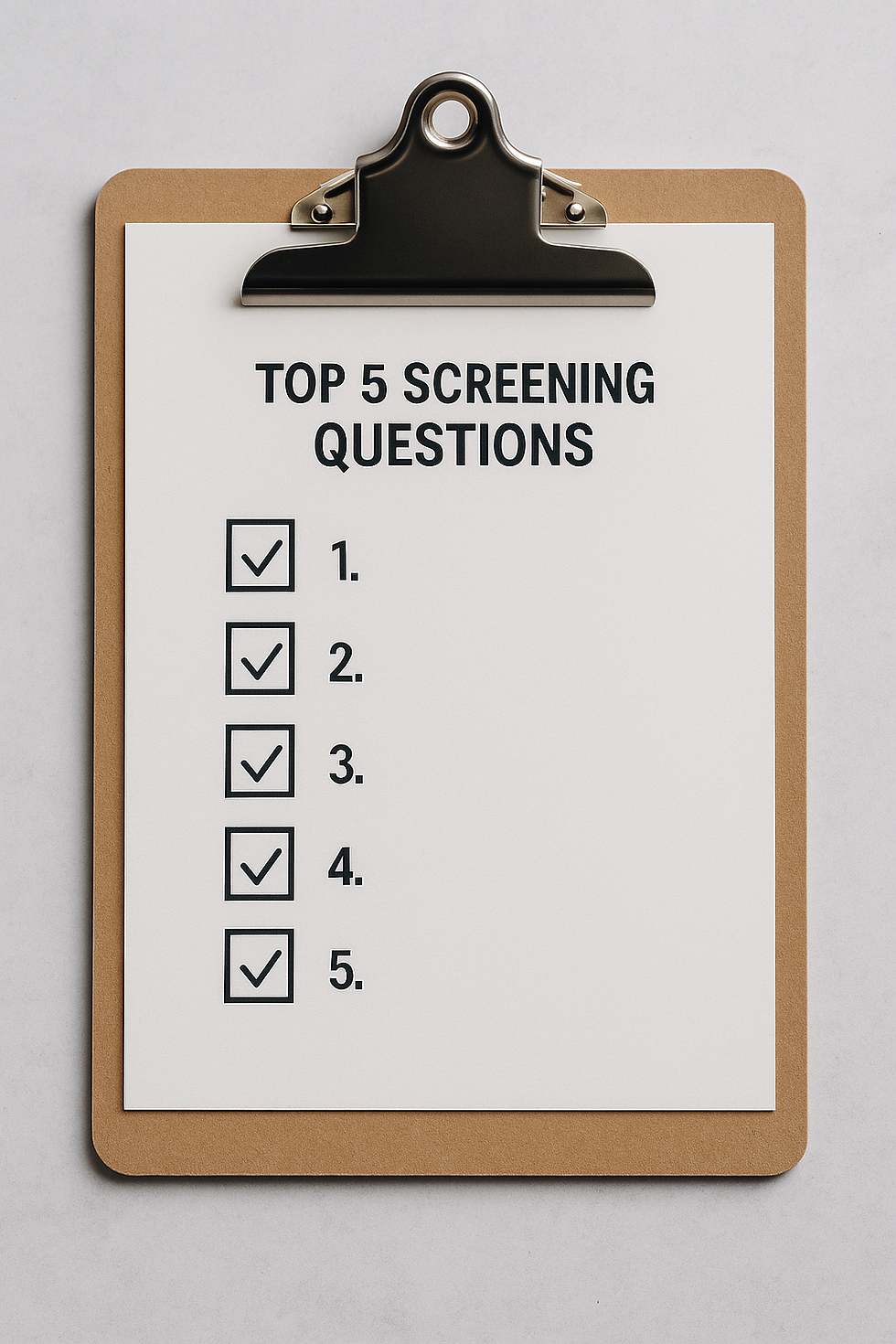Reasonable Suspicion: Why HR Needs a Toolkit for the Toughest Conversations
- UNIQUE BACKGROUND SOLUTIONS

- Sep 3, 2025
- 2 min read

Few things make HR professionals more uncomfortable than approaching an employee about suspected drug or alcohol use. It’s not just awkward — it’s a high-stakes moment. Handle it poorly, and you risk damaging trust, facing legal exposure, or failing to protect workplace safety. Handle it well, and you preserve dignity while protecting both the employee and your organization.
That’s where a reasonable suspicion toolkit comes in.
Why Reasonable Suspicion Matters
Drug and alcohol policies don’t enforce themselves. When an employee shows up impaired — or when a manager suspects they might be — HR is often the first line of defense. Reasonable suspicion is about more than a gut feeling. It’s a structured process that ensures decisions are fair, consistent, and legally sound.
Three reasons this matters now more than ever:
Workplace Safety: Impaired employees endanger themselves, their coworkers, and sometimes the public.
Legal Liability: Mishandling suspicion can open the door to wrongful termination claims or discrimination lawsuits.
Changing Landscape: With marijuana laws shifting across states, HR professionals must navigate suspicion with both caution and confidence.
Common Mistakes HR Makes
Even seasoned HR teams stumble when it comes to reasonable suspicion. The most common pitfalls include:
Acting on gut feelings instead of documented behaviors.
Failing to document what was observed in clear, factual language.
Skipping supervisor training, leaving managers unprepared for what to look for.
Approaching employees emotionally or accusatorily instead of calmly and professionally.
Each of these mistakes can undo a well-written policy in seconds.
Building a Reasonable Suspicion Toolkit
A strong program gives HR the confidence to step into these conversations with clarity and fairness. Your toolkit should include:
Observation: Training supervisors to recognize physical, behavioral, and performance indicators.
Documentation: Templates or forms to capture observations objectively — not opinions.
Approach: Guidelines for speaking with employees in a professional, respectful manner.
Action: Clear next steps that align with your company’s drug and alcohol policy, from sending the employee for testing to documenting the outcome.
When every piece is in place, HR has a roadmap for handling suspicion without second-guessing or inconsistency.
Balancing Compliance and Compassion
Reasonable suspicion isn’t about “catching” employees — it’s about protecting them, the team, and the business. The right approach balances compliance with compassion, ensuring employees are treated with dignity even in difficult moments.
With a clear toolkit, HR leaders can transform one of the most uncomfortable responsibilities into a process rooted in fairness, safety, and compliance.
Call to Action
If your organization doesn’t have a formal reasonable suspicion process, now is the time to build one. Whether that means training your supervisors, updating your documentation, or developing a new policy, investing in this toolkit today will save you from far more difficult problems tomorrow.




Comments